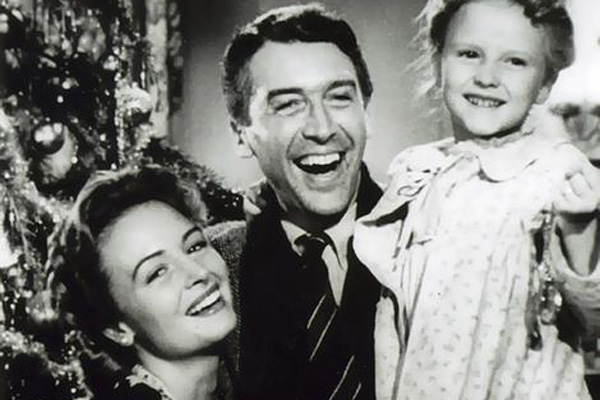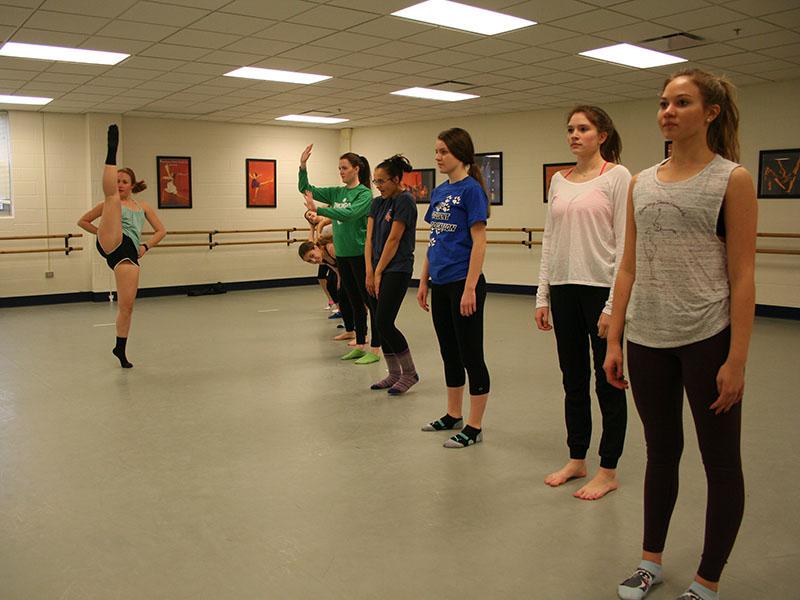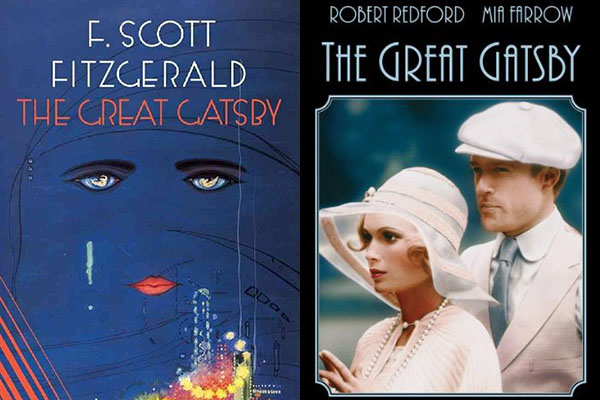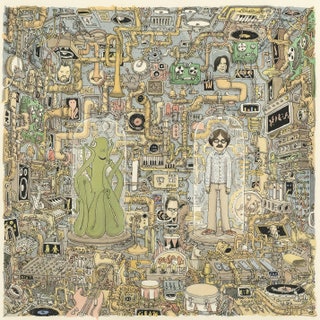What would the world be like if I were never born? A question rarely thought about in many eyes, but every year around the holiday season, the question seems to arise. What would the world be like without me? The idea is truly fascinating to say the least. The question is not thought in the sense of contemplating life or death, but nonetheless it still appears and to the minds of many around the globe every year and it is all as a result of the simply timeless classic It’s a Wonderful Life.
Based on the novel “The Greatest Gift”, written by Phillip Van Doren Stern in 1939 and later privately published by the author in 1945, the well accepted story was later adapted into the feature film we know and love today as It’s a Wonderful Life. Produced and directed by Frank Capra in the Winter of 1946, It’s a Wonderful Life is the ultimate love filled, Christmastime drama that revolves around the life of George Bailey (James Stewart), a man who has relinquished all his hopes and dreams in order to help others, and whose forthcoming suicide on Christmas Eve brings about the interference of his guardian angel, Clarence Odbody (Henry Travers). Clarence shows George the countless lives he has influenced and how different life in his community would be had he never been born. Through bone chilling encounters, the melancholy Bailey faces as a third person seeing what life would be like without him, George realizes that his life after all, truly does matter and he has extreme worth, not only on others, but on himself as well.
The story and the underlying message revealed in the movie is sincerely moving, which is one major reason, of many, as to why 66 years later the film is still considered one of the most beloved movies in American film history. The film in 1947 was nominated for five Academy Awards including Best Picture, Best Director (Frank Capra), Best Actor (James Stewart), Best Editing (William Hornbeck), and Best Sound Recording (John Aalberg), but sadly the film didn’t take any of the awards home. Many say that It’s a Wonderful Life didn’t steal the show at the Oscars due to the fact that the movie came out at the same time as the Best Years of Our Lives, which was promoted commercially far more than It’s a Wonderful Life. The Best Years of our Lives is now acclaimed as the top grossing film of the 1940’s, so it would only make sense as to why it won practically every award at the 1947 Academy Awards. Had it been any other year, film critics and historians to this day say that Capra’s It’s a Wonderful Life would have taken home every single award it was up for. The film has been recognized by the American Film Institute as one of the 100 best American films ever made, placing number 11 on its initial 1998 greatest movie list.
Personally, It’s a Wonderful Life is my favorite movie of all time, so subsequently I would never have a bad thing to say about it. If there was any essential piece to the movie though, that I feel makes it an everlasting classic, it would have to be the films cast, story, and heartwarming message bestowed every time you see it. For starters, the dynamic cast of Jimmy Stewart, Donna Reed, and Lionel Barrymore makes for not only incredible dialogue and overall tremendous acting, but also for qualities that you simply fall in love with throughout watching the movie. The way Stewart was portrayed as a genuine and loveable guy will leave a lasting impression on anyone who sees the movie. As for Reed, her qualities of being the classic, sweet woman of the time won’t soon be lost on anyone. Lastly, Barrymore’s sincerely evil character of Henry Potter leaves an effect on me to this day. The way he chuckled at others demise was enough to leave anyone scared of him, and although the character isn’t good, Barrymore’s great portrayal of him was spectacular.
The reason that the film is still globally acclaimed as one of the elite classics is for the films truly ageless story and message. The story of an eager little boy with dreams wider than the world, who through misfortunate events becomes the man he had never wanted to be, simply because of his strong moral integrity? Showing a man down on his luck who was given the gift to see what life would be like without him, only to then realize how truly significant he is, will forever stand the test of the time. The fact that It’s a Wonderful Life reveals hope, triumph, defeat, anger, happiness, determination and above all moral values prevailing in the end, I really don’t think the message, or the movie, will be lost on anyone any time soon.




















